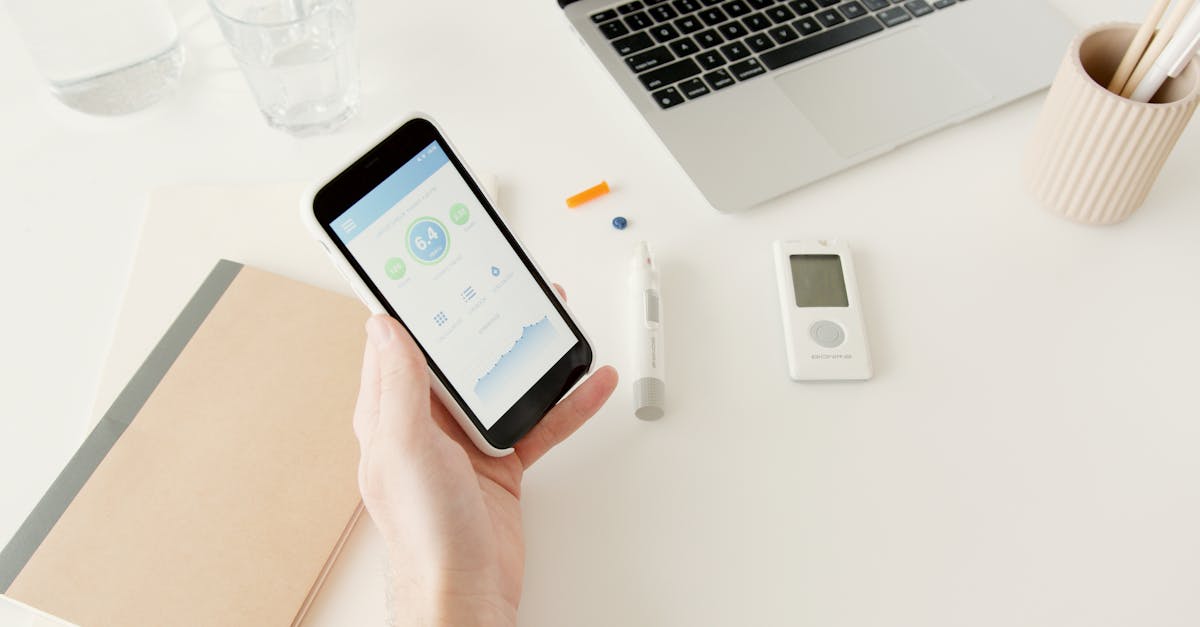Revolutionizing Home Health Solutions
Introduction
The landscape of healthcare is undergoing a transformative shift, focusing more on providing care within the comfort of patients' homes. This revolution in home health solutions is driven by technological advancements, an aging population, and a desire for personalized care. It promises to enhance well-being while maintaining cost efficiency. But what exactly are these revolutionary solutions, and how are they implemented? From remote patient monitoring to telehealth services, these innovations are reshaping how we perceive and receive health services. This article delves into the groundbreaking components and implications of modern home health solutions.
Advertisement
Remote Patient Monitoring
At the forefront of home health innovations is remote patient monitoring (RPM), which allows continuous health tracking and assessment without necessitating hospital visits. This technology utilizes connected devices such as smartwatches and sensors meant to record and transmit vital information like heart rate, blood pressure, and glucose levels. This constant flow of data empowers healthcare providers to make informed decisions swiftly. RPM reduces unnecessary hospitalizations and ensures timely interventions, paving the way for efficient and effective patient management. With predictions suggesting a rapid increase in RPM adoption, this technology is a vital pillar of modern home healthcare.
Advertisement
Telehealth Services
Telehealth is revolutionizing patient-doctor interactions by eliminating geographical constraints and providing direct access to healthcare professionals. Through video consultations, individuals can address their health concerns from any location with internet connectivity, making healthcare accessible to remote areas. This eases patient loads on traditional clinics and minimizes travel-associated anxieties. Telehealth solutions offer a broader range of services, from routine check-ups to specialized consultations, indicating the growing trust in virtual care. The pandemic accelerated the adoption of telehealth, turning it from a convenience into an essential service that is here to stay.
Advertisement
Smart Home Medical Devices
Integrating smart home medical devices is enhancing patient autonomy and safety within home environments. Think of devices like advanced medical alert systems or automated medication dispensers that ensure timely medication intake. These smart solutions are particularly beneficial for older adults or those with mobility issues, offering assistance and reducing the dependency on caregivers. Moreover, these devices often come equipped with AI capabilities, learning user patterns and offering reminders or alerts when irregularities are detected. This autonomy and proactive care contribute significantly to individuals' peace of mind and quality of life.
Advertisement
Artificial Intelligence and Predictive Analytics
AI and predictive analytics are redefining the scope and possibilities in home healthcare services. Machine learning algorithms analyze patient data, predicting potential health issues before they become serious, allowing preemptive measures. This approach not only enhances patient outcomes but builds on personalized care, with AI systems tailoring strategies in response to individual health patterns. This predictive capability not only optimizes healthcare delivery but also supports cost-saving measures by preventing complications and hospital admissions.
Advertisement
Mobile Health Applications
Mobile health applications are equipping users with health management tools right at their fingertips. These apps allow for continuous health tracking, offering dietary suggestions, activity monitoring, mental health support, and more. By empowering individuals to actively participate in their health management, these applications foster a sense of responsibility and motivation for healthier lifestyles. With regular updates and user-friendly interfaces, mobile health apps are instrumental in educating and engaging users in their health journey, making healthcare more participatory than ever.
Advertisement
Home-Based Rehabilitation Services
With advancements in remote health technologies, rehabilitation now extends beyond traditional physical spaces into patients' homes. Physical and occupational therapy services are increasingly facilitated through virtual platforms, ensuring continuity in care. Home-based rehabilitation allows patients recovering from surgeries or injuries to receive tailored therapeutic interventions, enhancing recovery while reducing economic burdens. Through video sessions, patients can perform guided exercises, with therapists monitoring progress remotely. Such an approach underscores the emphasis on flexible, patient-centric care delivery methods.
Advertisement
Challenges and Considerations
While these innovations are transformative, challenges such as data privacy and technological literacy remain key considerations in home health solutions. Patients should be assured that their health data shared through digital means is protected and used responsibly. Simultaneously, efforts must be made to enhance technological literacy across demographics to ensure equitable access to these services. Addressing these challenges is crucial to the sustained growth and acceptance of innovative home healthcare solutions.
Advertisement
The Future of Home Health Solutions
The future of home health solutions is promising, with ongoing research and development focusing intently on integrating emerging technologies with traditional healthcare systems. The potential of technology-enabled healthcare solutions to adapt to the unique needs of diverse populations will be paramount in achieving healthcare inclusivity. As partnerships between tech companies and healthcare providers strengthen, we foresee increased investment in innovative tools designed to enhance patient experiences and outcomes.
Advertisement
Conclusion and Key Takeaways
The revolution in home health solutions reflects a transformative era in healthcare, emphasizing patient-centric, accessible, and adaptive care. Remote patient monitoring, telehealth, and mobile applications are key components enhancing healthcare delivery. While challenges such as data privacy persist, the benefits far outweigh these hurdles with proper measures in place. Embracing technology and aligning it with holistic healthcare approaches holds the potential to significantly improve quality of life. In the future, ongoing innovations are expected to further personalize and optimize patient care within home environments.
Advertisement







